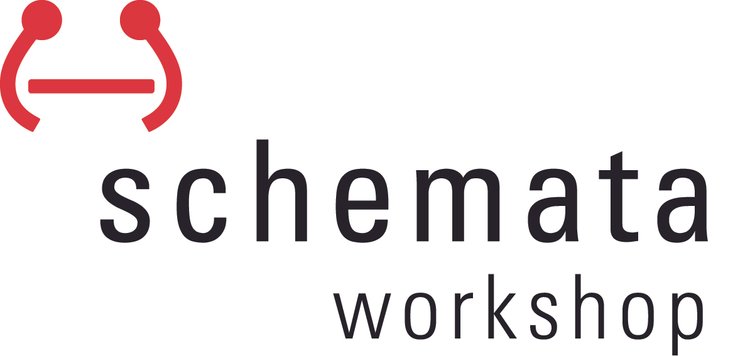These are some practices I’ve developed over many years of attending conferences. They are not the only tips, or even the best tips…but they are my tips as I reflect on the conference from which I just returned. 1. Prepare Read the program descriptions beforehand (on the flight there is fine) and circle the sessions in the program guide. It’s frustrating to make quick decisions on the fly while standing in the hallway, especially if you are trying to network at the same time.
Read bios of the presenters and try to remember their names so if you sit next to one, you know who they are and can capitalize on the opportunity to introduce yourself and ask questions.
If a directory of participants is provided, scan the list to see if there are people you know or want to meet - so you can be on the look out throughout the conference.
2. Introduce yourself If you are an introvert and feel uncomfortable meeting knew people, force yourself to be extrovert for at least the first day (no one will know any different of you.) Introduce yourself to anyone/everyone around you. Look for others who may be standing solo, they will likely be welcoming of your introduction - perhaps they may be feeling the same awkwardness of not knowing anyone either. Being an extrovert for a day may dramatically improve your experience of the conference. If not, day two you can go back to being an introvert, but you may be pleasantly surprised how many people will try to engage you based on your interactions the day prior.
If you get to a session early, rather than bury yourself in your smart phone or the conference program, introduce yourself to those sitting around you. Ask how they are enjoying conference, how they learned about the conference, their connection to the topic, etc.
3. Become an expert Sit near front or middle of any session. During the Q&A period, ask questions or make a comment – but remember it’s about the quality (vs. quantity) of your comments. One or two questions/comments is enough define yourself as expert – there is a fine line between coming across as an “expert” in a subject matter and a “know-it-all.”
4. Exchange business cards If applicable, on the business card you give away, write down information you are requesting of the recipient. On cards you receive, write down key words of the discussion you had or the items (weblinks, articles, book titles, contacts) you promised to send them. This will help you tremendously when you get home and sort through the stack of business cards you collected. (there are many times when I look at cards and wonder, “what were we talking about?” or “what was it that I said I’d send to them?”
When you get home, follow up with the business cards you collected. Send email to follow up with those who promised to send you info, forward to others the info you promised to them, and send thank you notes to those with whom you had a great conversation.
5. Use Social media Tweet or post to Facebook/LinkedIn a key word or phrase that you heard, a new concept you learned, names of presenters and an interesting comment they made, etc. Blog about your conference experience – either during or shortly afterwards.
6. Build a community If you enjoyed the conference, plan to attend the following year. Put it on your calendar as soon as you hear about it so you can start to plan around it. Make vacation plans around it to capitalize on the travel expense. Invite friends and colleagues to attend the conference with you.
If you attend annually, you will start to recognize faces and develop friendships. Consider presenting – after a few years, you might identify areas where you have knowledge or relevant topics that haven’t yet been discussed.
